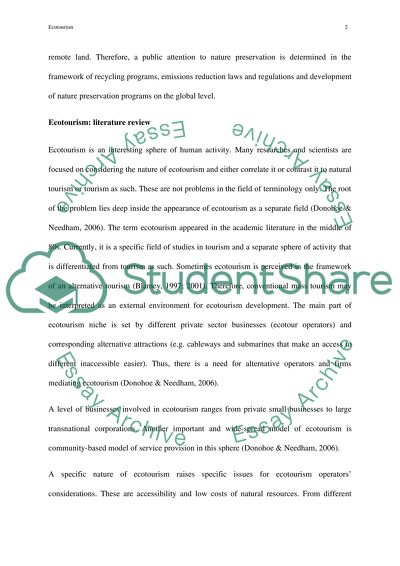Cite this document
(“Identify and Critically Evaluate Ecotourism Essay”, n.d.)
Retrieved from https://studentshare.org/tourism/1424057-identify-and-critically-evaluate-the-main
Retrieved from https://studentshare.org/tourism/1424057-identify-and-critically-evaluate-the-main
(Identify and Critically Evaluate Ecotourism Essay)
https://studentshare.org/tourism/1424057-identify-and-critically-evaluate-the-main.
https://studentshare.org/tourism/1424057-identify-and-critically-evaluate-the-main.
“Identify and Critically Evaluate Ecotourism Essay”, n.d. https://studentshare.org/tourism/1424057-identify-and-critically-evaluate-the-main.


